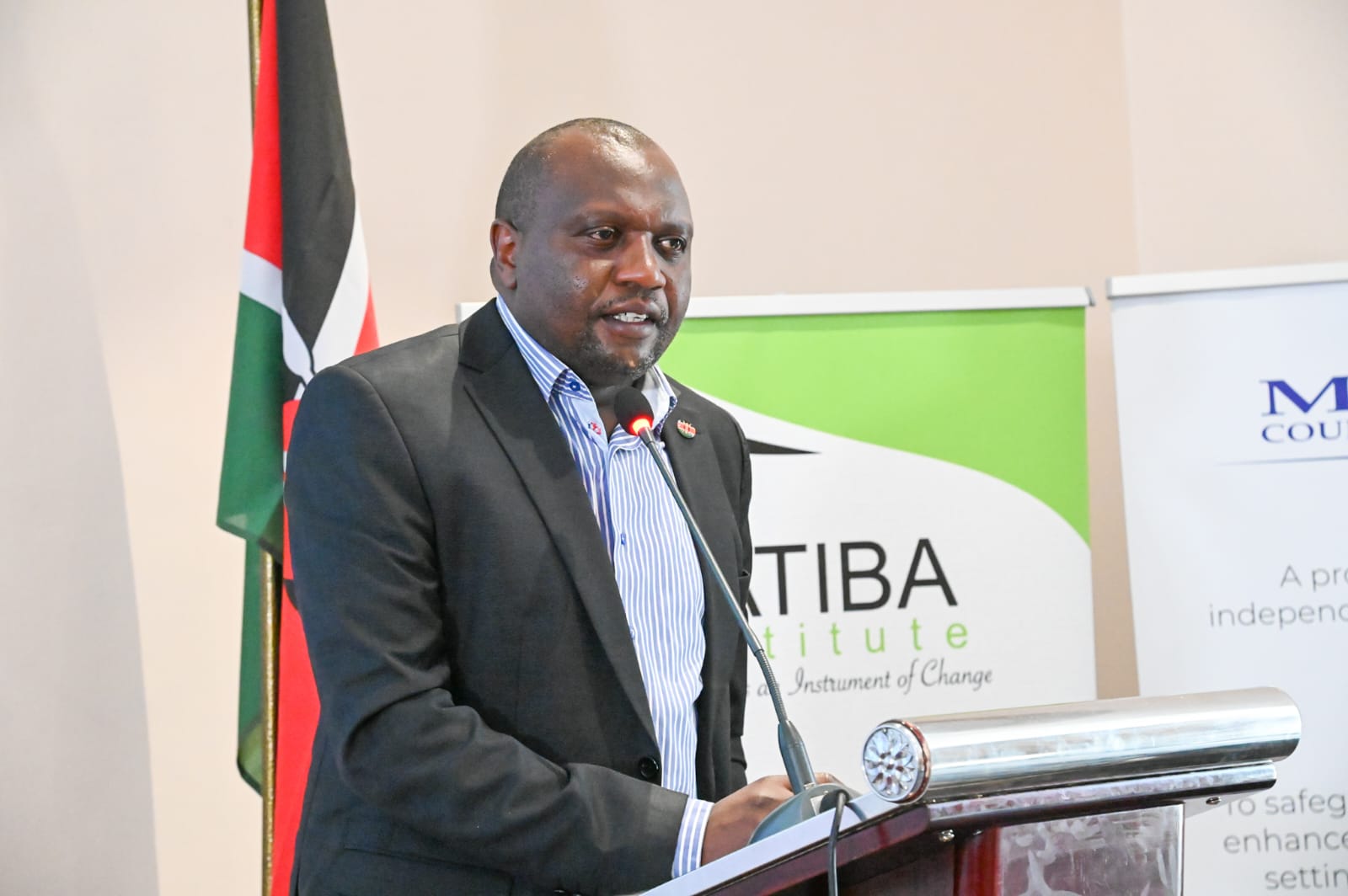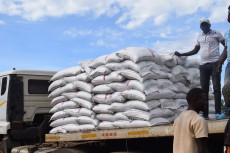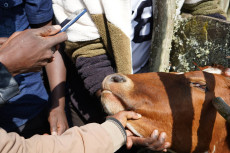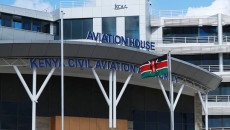- Media stakeholders gathered in Nakuru to address threats facing journalists, especially women, in the digital age.
- Speakers called for stronger laws, tech accountability, and support systems to combat AI-facilitated gender-based violence.
On Monday, November 3, 2025, media practitioners from across Kenya convened at Sarova Woodlands Hotel & Spa in Nakuru to commemorate the International Day to End Impunity for Crimes Against Journalists, joining the global observance with purpose and urgency.
The event, organized by the Media Council of Kenya (MCK) and the Katiba Institute, brought together journalists, media stakeholders, and civil society leaders. Their shared focus: to spotlight the dangers journalists face and demand accountability for crimes committed against them.
The central theme of the 2025 gathering—“Chat GBV: Promoting Awareness on AI-facilitated Gender-Based Violence against Women Journalists”—aimed to spark a conversation that was both deeply reflective of past injustices and boldly forward-looking.
This theme echoed global concerns raised by the United Nations Educational, Scientific and Cultural Organization (UNESCO) and the United Nations, highlighting the rising threat of abuse through internet surveillance, disinformation, and AI-driven manipulation. Women in media, increasingly targeted, face new forms of harassment as artificial intelligence technologies proliferate.
The event, underscored the urgent need to protect women journalists from emerging digital threats.
Read More
Panel discussions delved into the legal and policy gaps that enable such crimes and perpetuate impunity. Experts called for stricter enforcement of media protection laws, digital safety training for journalists, and stronger collaboration between tech companies and regulators to combat AI-facilitated abuse.
Martin Maasai of the Kenya Editors Guild illuminated the broader implications of violence against journalists, warning of its ripple effects across society.
“Journalists’ mistreatment is the first step leading to the whole truth being mistreated and, thereafter, humanity, itself, is involved,” he said. “However, when journalists get silenced, corruptions not only survive but also flourish, and people become the ultimate losers of this game.”
He further emphasized that impunity wears many faces uninvestigated attacks, online harassment, economic censorship, and political intolerance all of which journalists encounter daily. Maasai also criticized the Office of the Director of Public Prosecutions (ODPP), accusing it of failing to pursue cases that threaten journalist safety.
Queenter Mbori, the Executive Director for the Association of Media Women in Kenya (AMWIK), delivered a compelling presentation on the digital-era challenges faced by female journalists. She argued that AI-facilitated gender-based violence must be recognized not merely as a technological issue, but as a fundamental violation of human rights.
“Women in media are receiving synthetic video, falsified photos, coordinated lying campaign physically on and over the internet,” she said. “These assaults are the work of groups who want to keep their mouths shut and throw them away from coming back to the public.”
Mbori called for swift reforms, including stronger digital safety standards, psychological support for affected journalists, and greater accountability from tech platforms.
The Media Council of Kenya reaffirmed its commitment to defending press freedom through training, legal aid, and advocacy.










